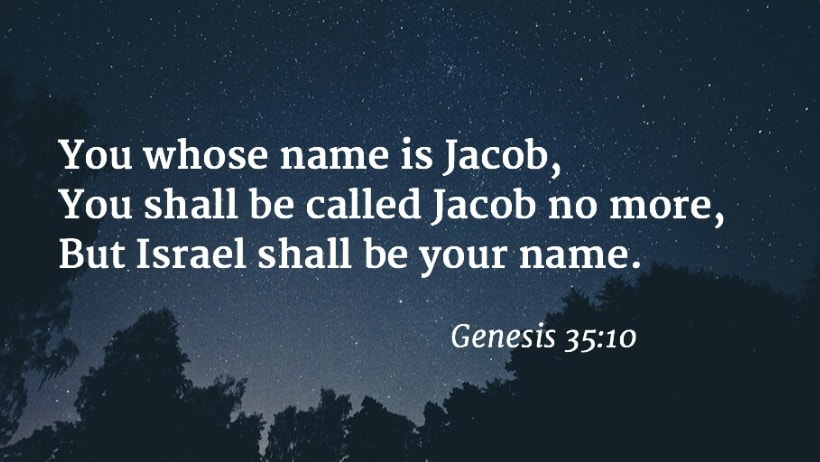
This is the case in parshat Vayishlach, which we read this week. The portion is filled with what should have been huge, life-changing moments for Jacob. Jacob and his twin Esau reunite and make up after a 20-year estrangement. Following this, Jacob’s daughter Dinah is involved in a violent incident in Shechem that prompts her brothers to take revenge on her behalf, Rachel dies in childbirth, and Jacob’s father Isaac dies. All of these significant events likely impact Jacob in one way or another, but it’s before these at the beginning of the parshah when his life is changed completely.
Jacob is preparing to meet his brother after decades apart, and he struggles with an angel in his sleep. This unique encounter changes him in an instant, both physically and emotionally. The wrestling knocks his hip out of its socket, and Jacob’s name becomes Yisrael, literally “one who struggles with God.”
When Jacob and Esau reunite, Jacob is overcome with emotion. In Chapter 33, verse 10, Jacob proclaims, “Seeing your face is like seeing the face of God.” The text in Genesis Rabbah, a 5th century commentary on the Torah, suggests that Jacob is talking about his own transformation, not about his brother’s appearance. Jacob is sharing with Esau that he has seen the face of God and is a changed man, not the deceitful brother who tricked his twin. He no longer sees Esau as a rival, but as an equal, deserving of honor and dignity. Clearly Jacob is a new person.
It’s a cliché to simply say “people can change.” Our parshah reminds us that change is really about having our perspective shifted so that we may see the world differently. The hope is that we recognize in ourselves not only these significant moments when they happen, but the potential for them to occur at all.
-Rabbi Eve Posen
Source: Forever Changed – Parshat Vayishlach 5776 – Rabbi Eve Posen



